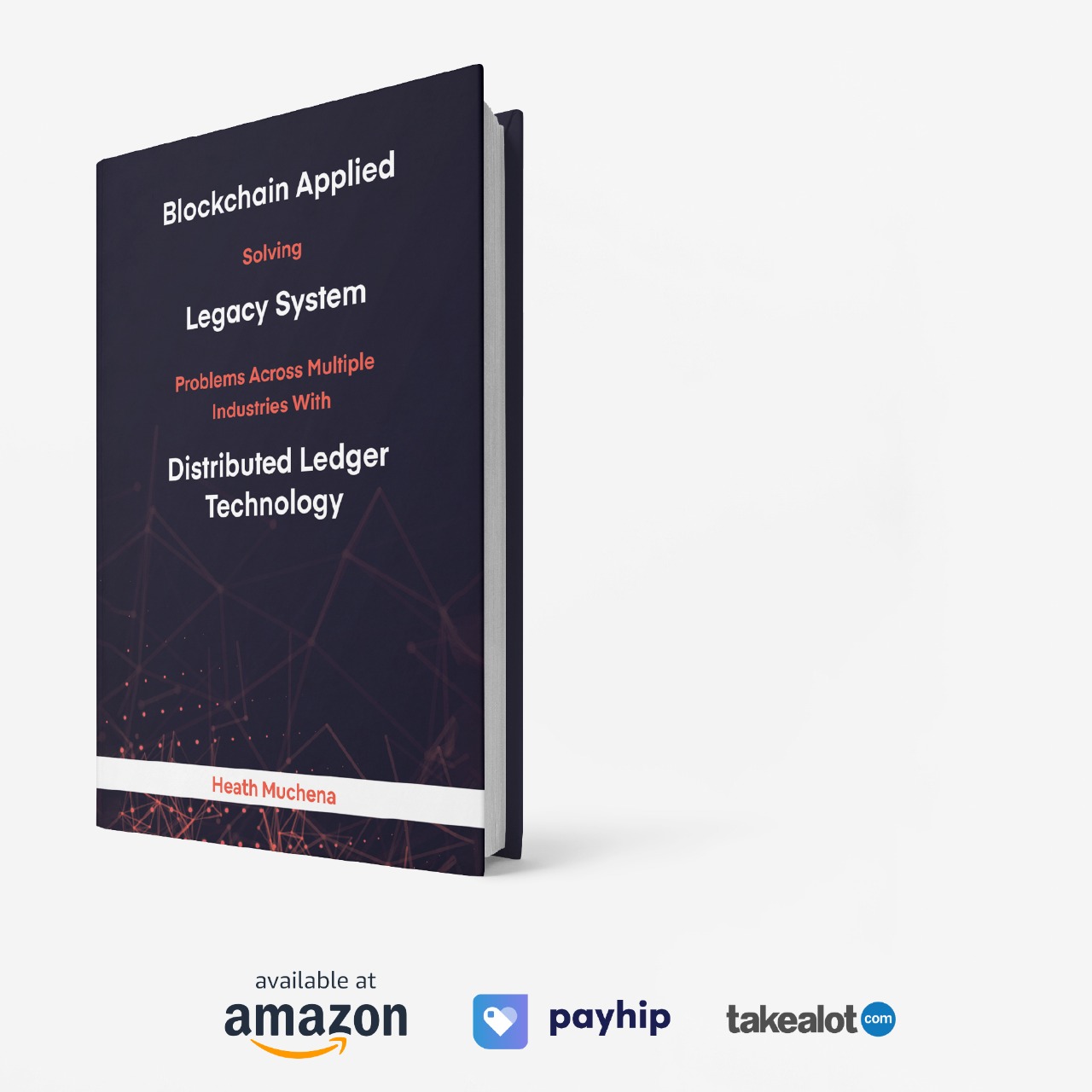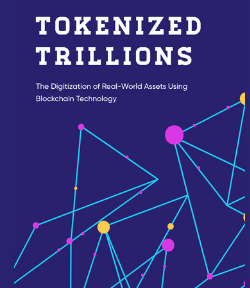
Saving in Satoshis: Redefining Savings in the Global South
Saving in Satoshis: A Shift in Collective Saving Perspectives in the Global South.
If there’s one universal truth in the modern financial world, it’s this: inflation is a silent thief. It creeps into our wallets, erodes our savings, and eats away at the purchasing power of hard-earned money. For those of us lucky enough to live in economies with relatively stable currencies, inflation is an annoyance. But in many developing countries, it’s a daily disaster – a relentless tide that drowns even the most prudent savers.
So here’s an idea: what if the next revolution in financial resilience didn’t come from government reforms or international aid but from Bitcoin? More specifically, from its smallest unit: the satoshi.
Yes, Bitcoin. The same cryptocurrency that’s been called everything from a libertarian pipe dream to digital gold. While the Western world debates its investment merits, communities across the Global South could use Bitcoin’s most compelling feature – its deflationary design – to rewrite their financial playbook. Enter the concept of Save in Satoshis, a grassroots movement that marries the age-old practice of cooperative savings with the future-proofing power of Bitcoin.
The Cooperative Genius of the Global South
First, let’s talk about cooperative savings. In many developing economies, formal banking systems are either inaccessible or unaffordable for large swaths of the population. Instead, people rely on communal savings groups—stokvels in South Africa, SACCOs in Kenya, tandas in Mexico. These groups operate on trust: members contribute a fixed amount to a collective pot, which is then shared or loaned out based on agreed-upon rules.
In South Africa alone, stokvels handle an eye-popping $3 billion annually. That’s real money in real hands—funding school fees, medical emergencies, and even entrepreneurial dreams. It’s financial inclusion at its most human. But there’s a catch: these systems are often tethered to local currencies, which can be devastatingly volatile. When inflation hits, the value of the collective pot shrinks before it can do its job.
Bitcoin: The Inflation-Proof Piggy Bank
This is where Bitcoin enters the chat. Unlike fiat currencies, which governments can print into oblivion, Bitcoin has a hard cap of 21 million coins. Its supply is fixed, and its issuance slows over time, making it inherently deflationary. Over the past decade, Bitcoin has consistently outperformed inflationary fiat assets as a store of value. Sure, its price is volatile—but the long-term trajectory has been unmistakably upward.
Even more interesting is its divisibility. Each Bitcoin can be broken down into 100 million satoshis, allowing even the smallest savers to get in on the action. For communities used to pooling small amounts—think $5 contributions at a time—satoshis are an accessible entry point to the global financial system.
A Vision for Collective Bitcoin Saving
Here’s how Save in Satoshis could work. Picture a stokvel in a rural South African village. Instead of saving in rand, members allocate a portion of their contributions to Bitcoin. This pool of satoshis isn’t just immune to local inflation; it has the potential to appreciate over time. With the right tools—mobile wallets, educational workshops, and perhaps even smart contracts to ensure transparency—the stokvel becomes not just a safety net but a wealth-building engine.
Take the example of remittances, a lifeline for many developing economies. In Nigeria, for instance, remittances totaled over $20 billion last year. Yet every dollar sent home loses value the moment it’s converted into naira. By saving remittances in Bitcoin, families can bypass both currency devaluation and exorbitant exchange fees.
The Challenges of Going Crypto
Of course, this isn’t a utopian fix. Bitcoin’s volatility is a legitimate concern. One solution could be diversification: cooperatives could split their savings between Bitcoin for long-term growth and fiat for short-term stability. Then there’s the issue of accessibility. While mobile money platforms like M-Pesa have revolutionized financial inclusion in Africa, Bitcoin adoption requires additional infrastructure and education.
And let’s not ignore the elephant in the room: regulation. Governments, wary of losing control over monetary policy, have been slow to embrace cryptocurrency. But as history has shown, grassroots movements often pave the way for broader acceptance.
A Movement Worth Building
The beauty of Save in Satoshis is that it doesn’t rely on top-down solutions. It’s a grassroots approach to financial resilience, rooted in practices that communities already trust. It’s not about abandoning local currencies but about giving people a hedge against their flaws.
Imagine the ripple effects. A stokvel in Soweto inspires a SACCO in Nairobi, which sparks a tanda in Guadalajara. Bitcoin becomes not just a speculative asset for the tech-savvy elite but a lifeline for everyday people.
Why This Matters Now
The timing couldn’t be more urgent. Inflation is on the rise globally, but its sting is felt most acutely in the developing world. Traditional banks, weighed down by bureaucracy and profit motives, aren’t stepping up. If anything, they’re stepping away, closing branches in rural areas and prioritizing high-income clients.
Save in Satoshis isn’t just a financial strategy; it’s a statement. It says that the people most affected by inflation don’t have to wait for a solution. They can build one themselves.
In a world where trust in institutions is waning, Bitcoin offers something rare: a system that doesn’t ask for trust, only participation. And for billions of people facing uncertain financial futures, that could make all the difference.
Let’s start saving in satoshis. One sat at a time. One community at a time. Because when we save together, we rise together.






